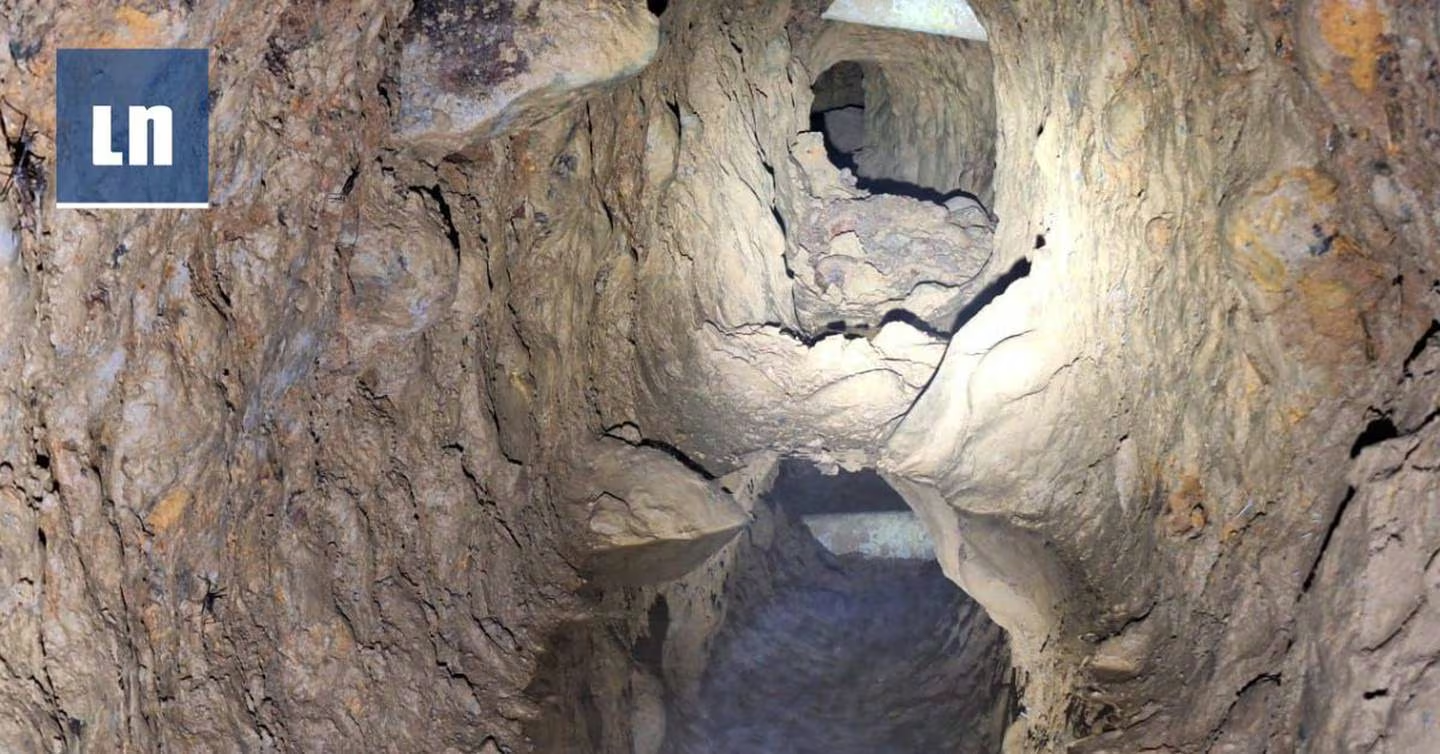An Alarming Trend in Fuel Theft
Every five days, a new tunnel earmarked for fuel theft emerges from the depths, a startling revelation made by the Costa Rican Petroleum Refinery (Recope) this Thursday. These clandestine passages are the handiwork of criminal groups, meticulously constructed to siphon hydrocarbons undetected from the sprawling pipeline network.
The Limón Discovery: A Case Study
The extent of this subterranean crisis was highlighted by the discovery of the year’s longest tunnel on March 22, located beneath Route 32 in Limón. Spanning an impressive 46 meters, this tunnel extended from the highway to a property in Río Blanco de Liverpool. Here, the Judicial Investigation Organization (OIJ) seized a staggering 42,700 liters of fuel, illustrating the scale and audacity of these operations.
Staggering Statistics and Strategic Responses
In 2024 alone, 50 illegal taps into the pipeline have been identified, amounting to the extraction of approximately 1.4 million liters of fuel—equivalent to the load of 44 tanker trucks. These figures were highlighted by Alexánder Davis, Recope’s Manager of Technical Services, during a press conference that shed light on the broader implications of such thefts.
Operational Challenges and National Risks
The ramifications of these thefts extend beyond mere financial losses. Davis explained that addressing these illegal taps necessitates halting the pipeline’s operations, which disrupts the logistic framework essential for fuel distribution across the country’s 415-kilometer pipeline stretch. This not only poses a logistical nightmare but also threatens the energy security of the nation, making it a matter of national concern.
Legislative Measures and Judicial Actions
Karla Montero, Recope’s Executive President, emphasized the legislative strides made since the approval of Law 9852 in June 2020, which penalizes fuel theft. Since its enactment, there have been 703 reports related to illegal taps and clandestine transport and storage of fuel. The legal framework has led to 444 active judicial cases, 33 convictions, and 11 individuals held in pre-trial detention.
Financial Impact and Criminal Investments
The financial toll of these criminal activities is substantial, with approximately 11 billion Costa Rican colóns worth of fuel stolen over the last six years, including 3.258 billion colóns last year alone. The sophistication of these operations was further underscored by César Alpízar, Chief of Property Protection at Recope, who disclosed the discovery of a 1-kilometer hose used in these thefts, costing an estimated 87,000 colóns per meter—a hefty investment for criminal enterprises.
Techniques and Prevention
The typical method involves attaching a clamp with a valve to the pipeline and connecting a hose to commence extraction. In some instances, the valve is even welded to the pipe, a testament to the dangerous and specialized nature of these operations. Alpízar characterized these techniques as not only hazardous but highly sophisticated, reflecting the evolving tactics of these criminal syndicates.
Community Vigilance and Reporting
Authorities have urged the public to remain vigilant and report any suspicious activities related to the pipeline through Recope’s confidential hotline (1002) or the OIJ’s hotline (800-8000-645). Public cooperation is seen as vital in the ongoing battle against these subterranean threats to the nation’s infrastructure and security.
As Costa Rica continues to grapple with the intricate challenge of underground fuel theft, the stakes are high. The battle against these hidden tunnels is not just about safeguarding resources but also about protecting the integrity of the nation’s infrastructure and ensuring energy security for future generations.

